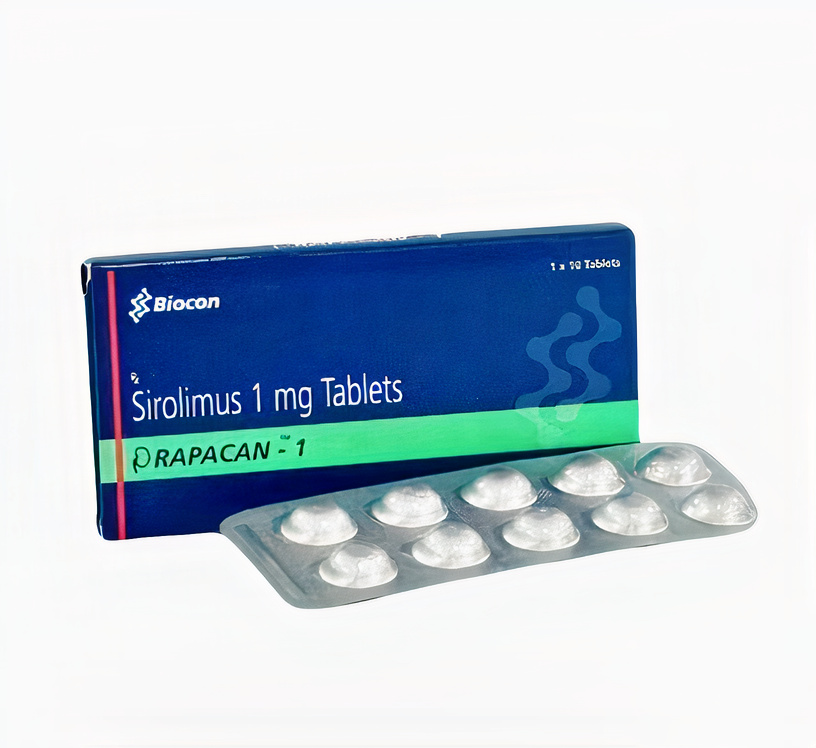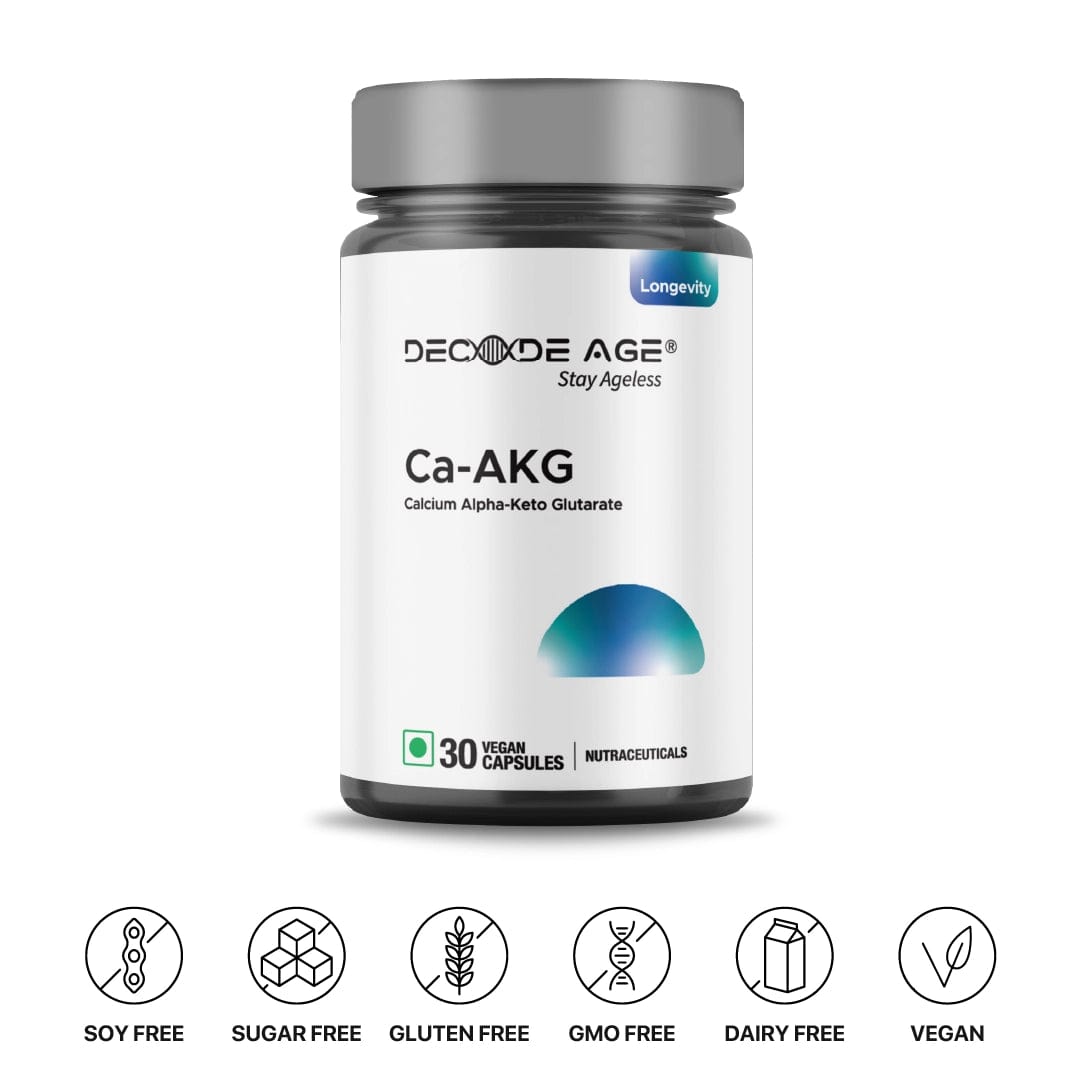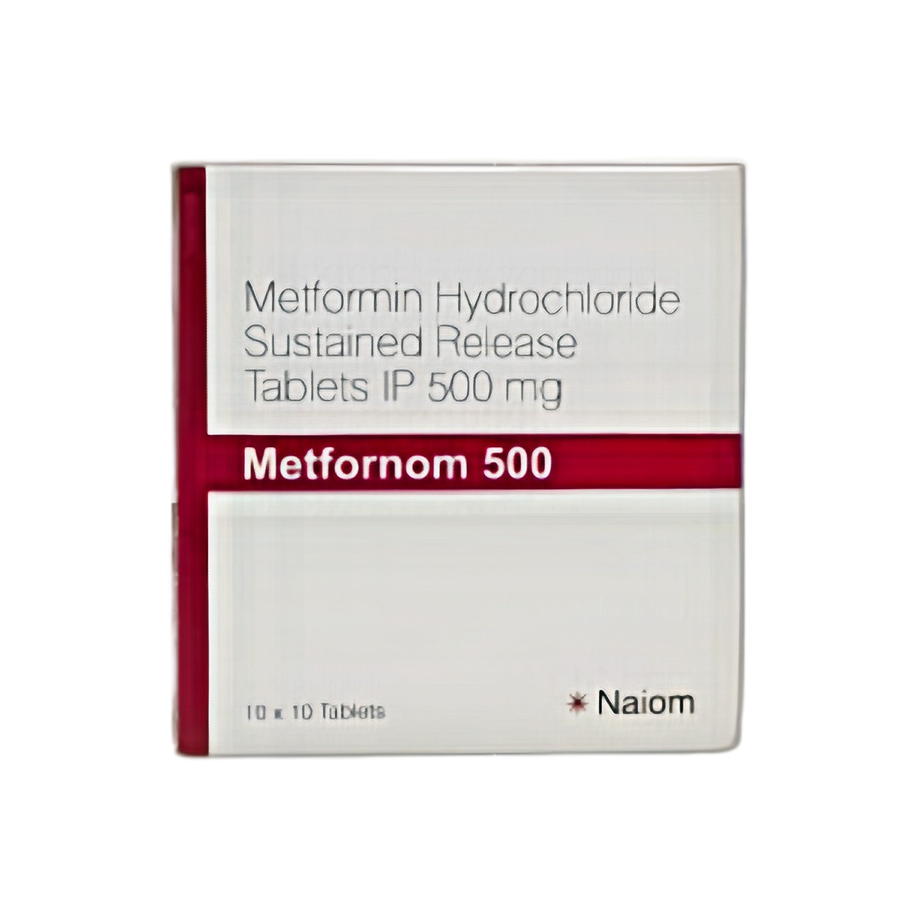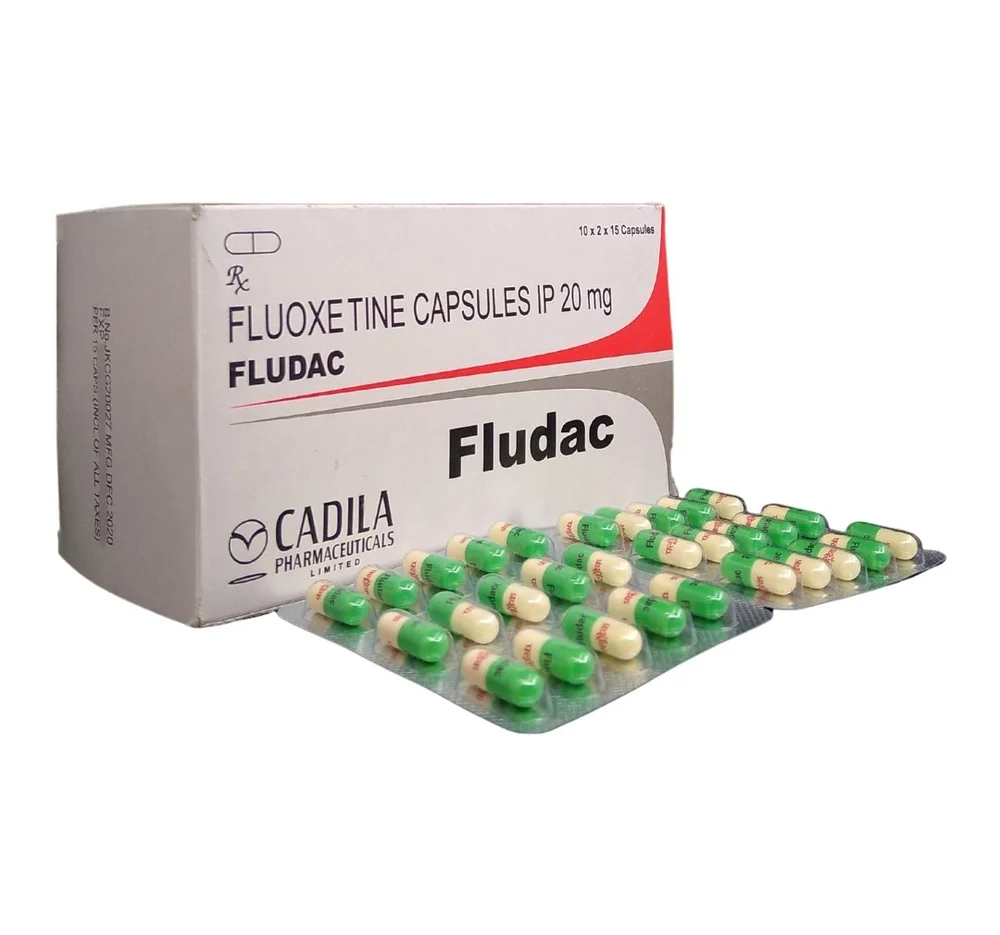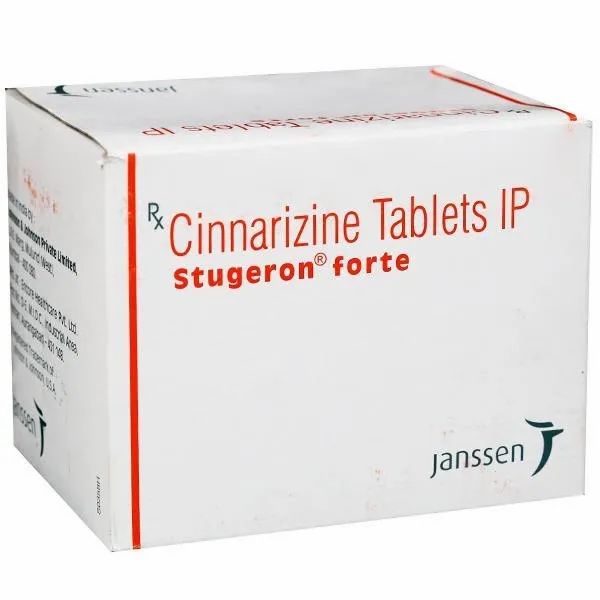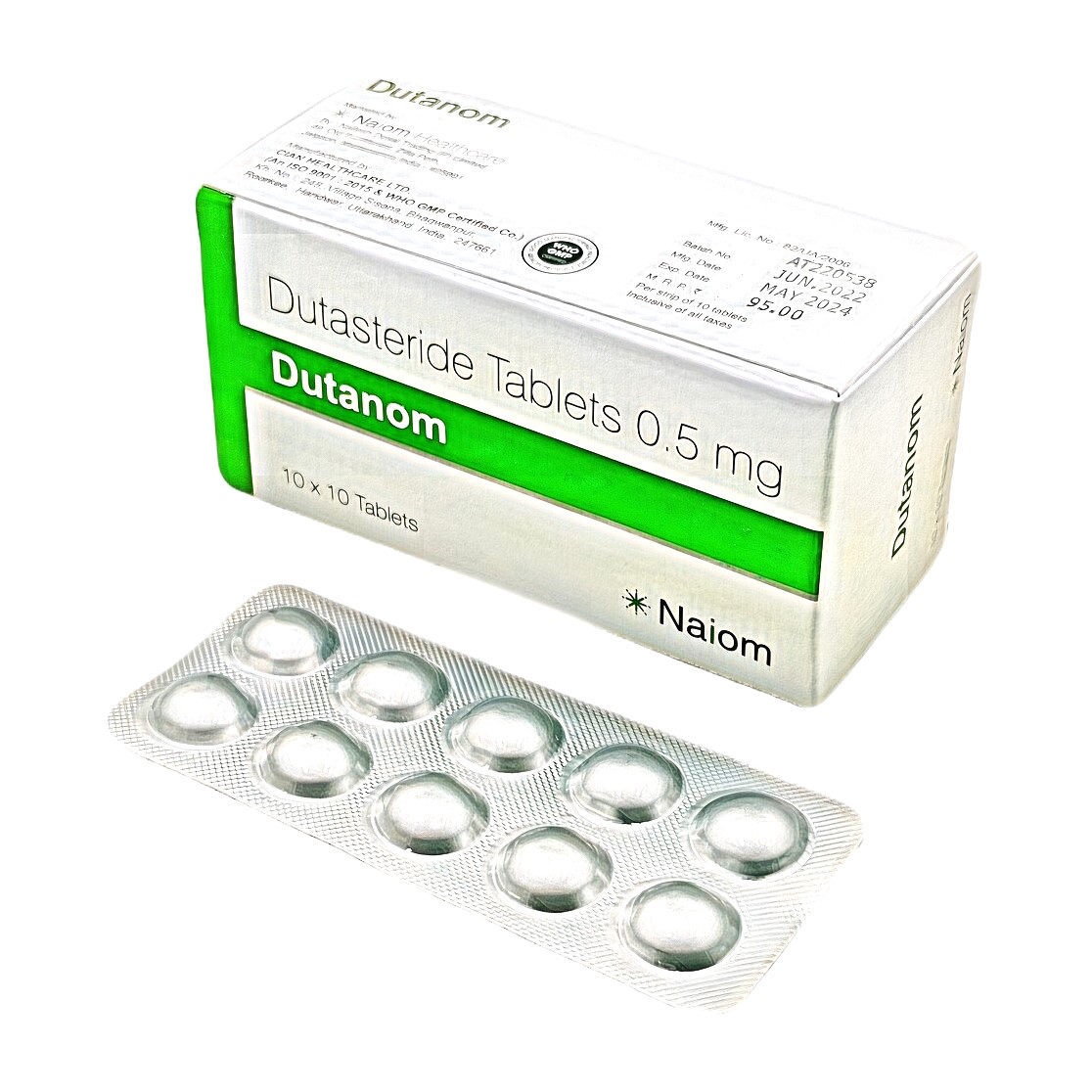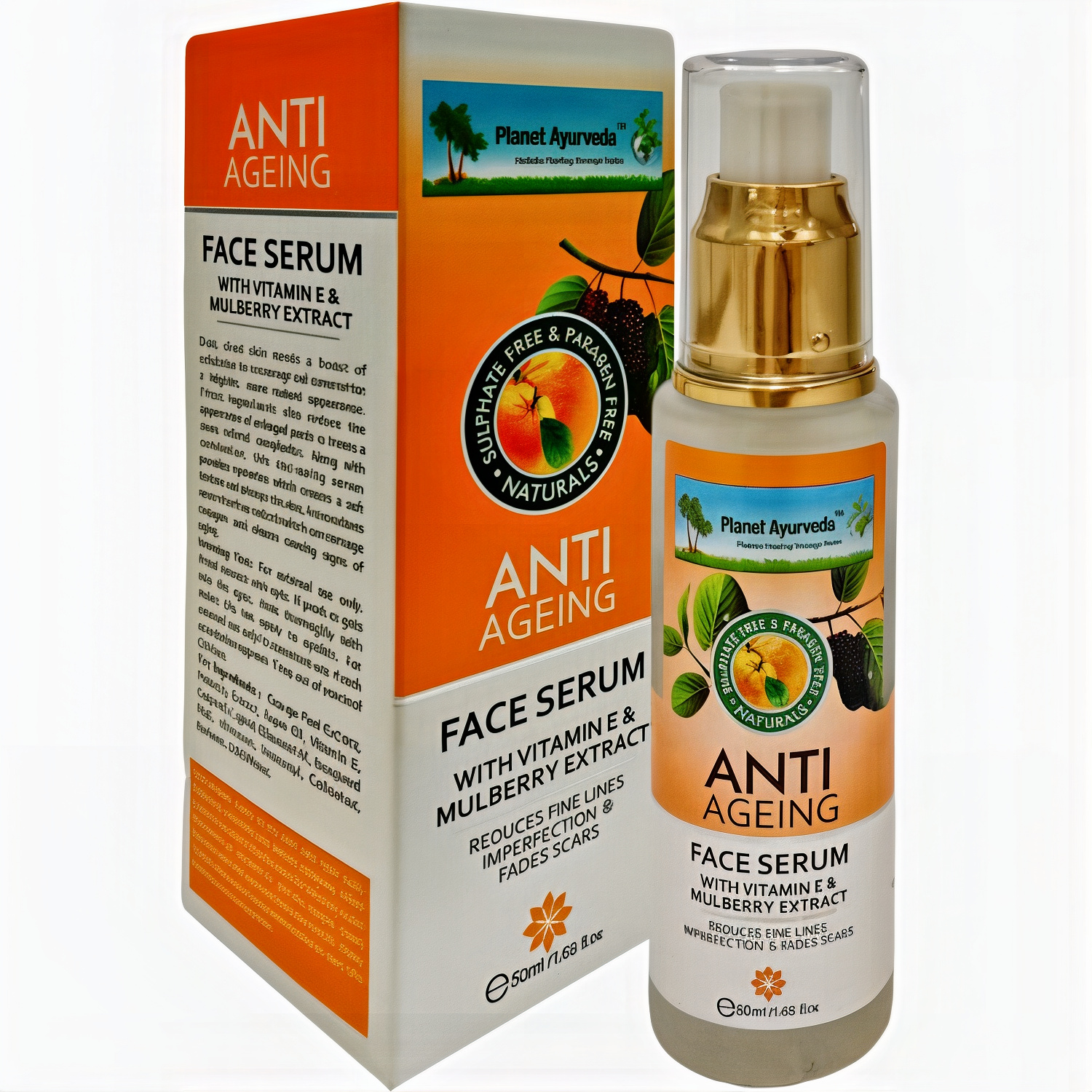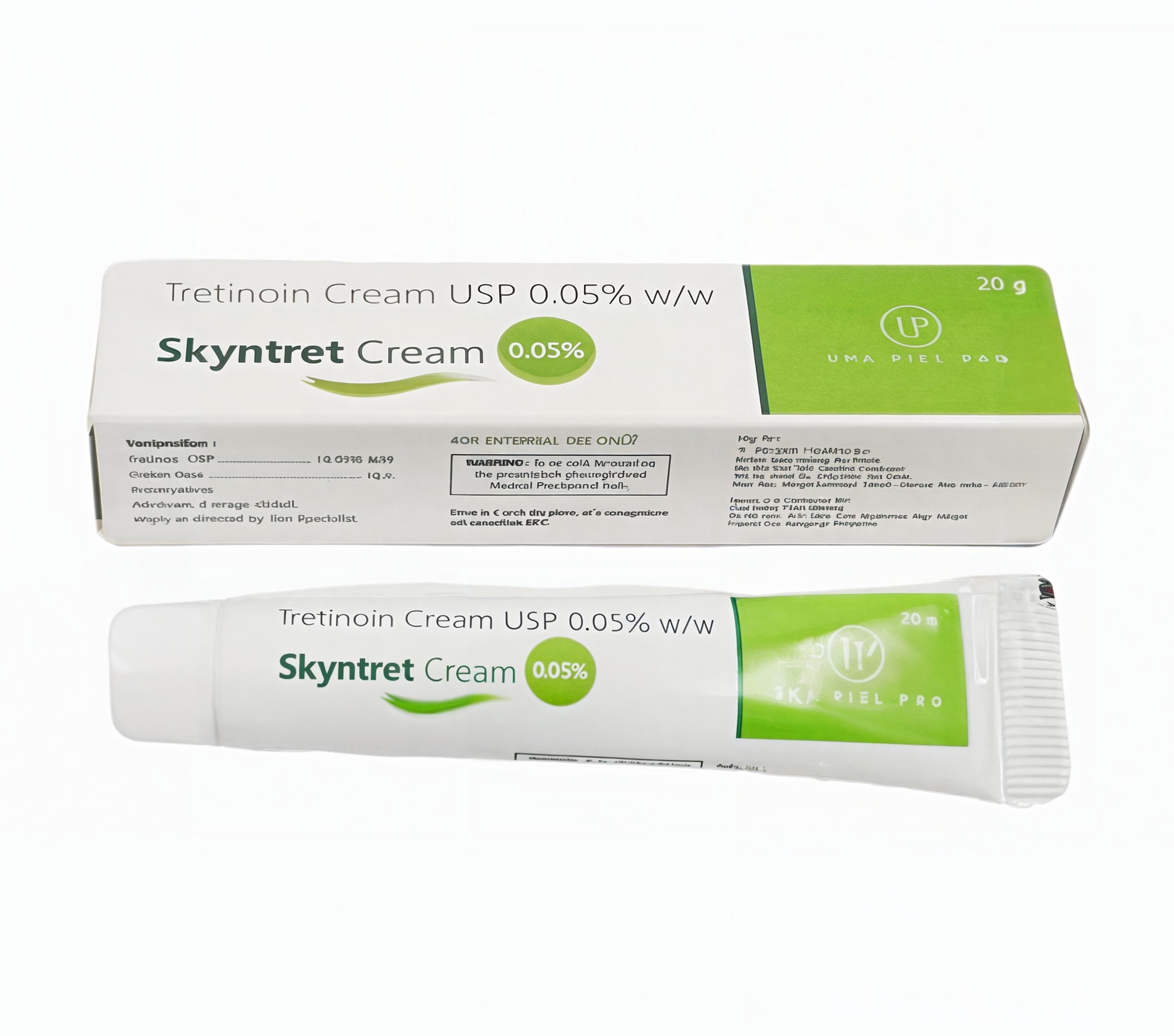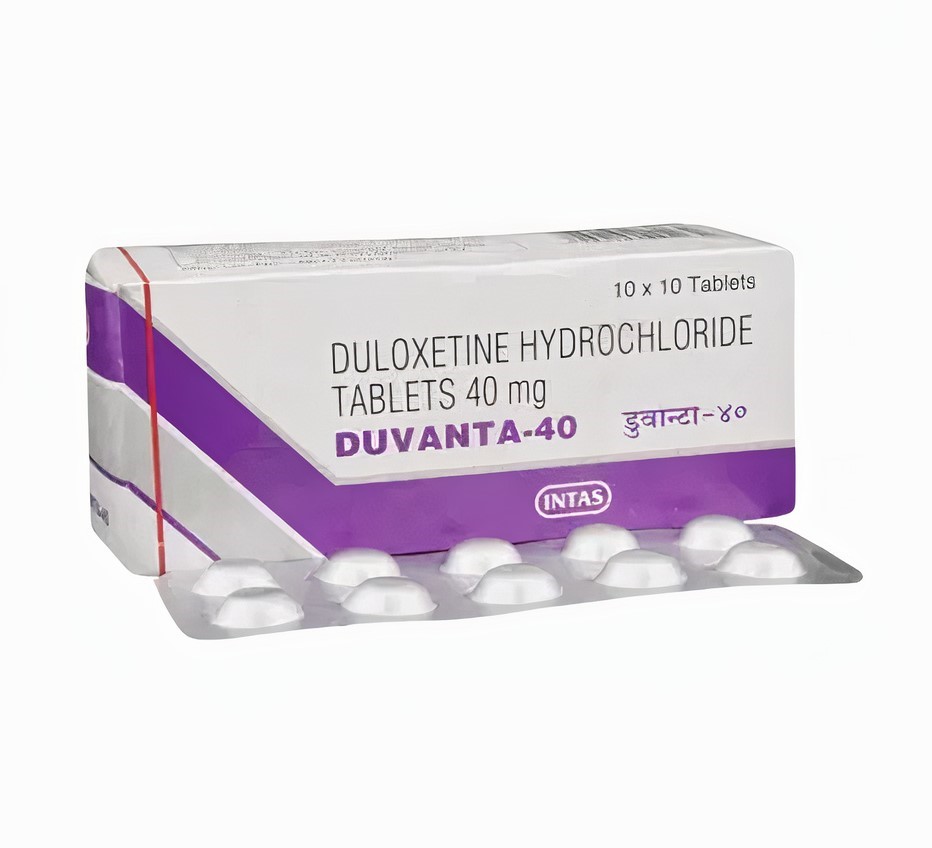Description
Rapamycin (Sirolimus 1mg.) is a medication used primarily for its immunosuppressant properties. Derived from the bacterium Streptomyces hygroscopicus, it plays a crucial role in preventing organ rejection in transplant patients. By inhibiting the mTOR pathway, Rapamycin (Sirolimus 1mg.) effectively modulates the immune system, thereby reducing the risk of organ rejection. However, detailed information regarding its description, uses, and other attributes are currently not available. For tailored advice and more specifics, consult healthcare professionals.
Uses Of ‘Rapamycin (Sirolimus 1mg.)’
- Prevention of organ rejection
- Treatment of coronary restenosis
- Management of lymphangioleiomyomatosis
- Use in cancer therapy
- Treatment of certain autoimmune conditions
- Prevention of organ rejection. Rapamycin (Sirolimus 1mg.) is primarily prescribed to prevent the rejection of transplanted organs by suppressing the patient’s immune response.
- Treatment of coronary restenosis. Utilized to prevent the narrowing of coronary arteries post stent implantation, thereby reducing the risk of future cardiac events.
- Management of lymphangioleiomyomatosis. Effective in treating this rare lung disease by reducing the proliferation of smooth muscle-like cells in the lungs.
- Use in cancer therapy. Investigated for its potential to inhibit the growth of certain cancers by interfering with cellular proliferation and growth pathways.
- Treatment of certain autoimmune conditions. Explored for its ability to modulate immune responses in specific autoimmune diseases, leading to symptom relief and improved patient outcomes.
Safety & Precautions
- Consult your doctor before starting Rapamycin (Sirolimus 1mg.).
- Avoid use if you have a known allergy to its components.
- Monitor blood levels regularly as advised by your healthcare provider.
- Do not use during pregnancy unless explicitly approved by a doctor.
- Avoid consumption of grapefruit or grapefruit juice.
- Regularly check for signs of infections, and inform your doctor if any arise.
- Discuss potential drug interactions with your healthcare provider.
- Keep out of reach of children.
- Store Rapamycin (Sirolimus 1mg.) in a cool, dry place.
- Follow the prescribed dosage and administration instructions carefully.
Side Effects
Most side effects do not require any medical attention and disappear as your body adjusts to the medicine. Consult your doctor if they persist or if you’re worried about them.
- Headache
- Nausea
- Diarrhea
- Muscle or joint pain
- Fatigue
- Increased susceptibility to infections
- High blood pressure
- Mouth sores
- Anemia
- Reduced platelets count
- Interstitial lung disease
- Elevated liver enzymes
- Edema
- Elevated cholesterol or triglycerides
- Delayed wound healing
FAQ
Q1: What is Rapamycin (Sirolimus 1mg.) used for?
A1: Rapamycin (Sirolimus 1mg.) is primarily used as an immunosuppressant to prevent organ rejection in transplant patients. Additionally, it is utilized to treat coronary restenosis, lymphangioleiomyomatosis, certain cancers, and some autoimmune conditions. It functions by inhibiting cellular proliferation and modulating the immune system. For more information specific to your condition, please consult your healthcare provider.
Q2: How should I take Rapamycin (Sirolimus 1mg.)?
A2: Rapamycin (Sirolimus 1mg.) should be taken exactly as prescribed by your healthcare provider. It is typically administered orally, either as a tablet or a liquid solution. Ensure to maintain consistency in the timing of doses relative to meals, and avoid consuming grapefruit or grapefruit juice during the course of this medication. Regular monitoring and follow-ups are essential for efficacy and safety.
Q3: Are there any foods or drinks I should avoid while taking Rapamycin (Sirolimus 1mg.)?
A3: Yes, grapefruit and grapefruit juice should be avoided while taking Rapamycin (Sirolimus 1mg.) as they can affect the drug’s metabolism and increase the risk of side effects. Furthermore, consult your healthcare provider regarding any potential dietary restrictions or interactions with other medications you might be taking.
Q4: What should I do if I miss a dose of Rapamycin (Sirolimus 1mg.)?
A4: If you miss a dose of Rapamycin (Sirolimus 1mg.), take it as soon as you remember. If it is almost time for your next dose, skip the missed dose and resume your usual dosing schedule. Do not double the dose to make up for the missed one. Consult your healthcare provider for further guidance if necessary.
Q5: Can I take Rapamycin (Sirolimus 1mg.) during pregnancy or breastfeeding?
A5: The use of Rapamycin (Sirolimus 1mg.) during pregnancy or breastfeeding is generally not recommended unless explicitly approved by a healthcare provider. Discuss potential risks and benefits with your doctor to make an informed decision. Alternative therapies may be considered to ensure the safety of both mother and child.
Q6: How should Rapamycin (Sirolimus 1mg.) be stored?
A6: Rapamycin (Sirolimus 1mg.) should be stored in a cool, dry place away from direct sunlight and moisture. Keep it out of reach of children and pets. Always follow the storage instructions provided by the manufacturer or your pharmacy. Proper storage ensures the medication remains effective and safe for use.
Additional Information
Dosages of Sirolimus
The dosages of sirolimus vary based on several factors including the condition being treated and the individual’s weight. Below, details of adult and pediatric dosages for various treatments are provided:
Adult Dosage
- Tablet: 0.5 mg, 1 mg, 2 mg
- Oral Solution: 1 mg/mL
Prophylaxis of Renal Transplant Rejection
- Initial: Concomitant cyclosporine and corticosteroids are started.
- Oral solutions and tablets are interchangeable on an mg-per-mg basis.
| Condition | Dosage |
|---|---|
| High Immunologic Risk (≥ 40 kg) |
|
| High Immunologic Risk (< 40 kg) |
|
| Low-to-Moderate Immunologic Risk (≥ 40 kg) |
|
| Low-to-Moderate Immunologic Risk (< 40 kg) |
|
Lymphangioleiomyomatosis
- Initial: 2 mg/day orally for 10-20 days, measure trough levels thereafter.
Dosage Adjustment Considerations
Adjustment should be based on clinical state and trough levels. New adjustments should not occur sooner than 7-14 days after the previous dosage change.
Pediatric Dosage
- Children below 13 years: Not recommended
- Children above 13 years: Follow adult dosages based on weight and immunologic risk.
Concomitant Therapy
- For the first year following transplantation, sirolimus should be combined with cyclosporine and corticosteroids.
- Cyclosporine can be tapered after the first year in patients with low immunologic risk.
Drug Interactions
Rapamycin (Sirolimus 1mg.) interacts with a broad range of medications. It’s essential to be aware of these to avoid adverse effects and ensure therapeutic efficacy.
Severe Interactions
- Ketoconazole
- Levoketoconazole
- Mifepristone
- Voriconazole
Serious Interactions
| Drugs |
|---|
| 168 other drugs |
Moderate Interactions
| Drugs |
|---|
| 183 other drugs |
Minor Interactions
- Alvimopan
- Armodafinil
- Fexofenadine
- Loratadine
- Ruxolitinib
- Ruxolitinib Topical
This is not an exhaustive list. Utilize tools like the RxList Drug Interaction Checker for a full range of interactions. Always consult healthcare professionals for personalized advice.
Warnings and Precautions for Sirolimus
Though the section on safety and precautions has been detailed in earlier sections, additional information provided here focuses on special conditions or situational advice regarding the use of Rapamycin (Sirolimus 1mg.).
Drug Abuse
- There are no known effects related to the drug abuse of Sirolimus.
Hypersensitivity Reactions
The administration of Sirolimus has been associated with hypersensitivity reactions including but not limited to anaphylactic reactions, angioedema, exfoliative dermatitis, and hypersensitivity vasculitis.
Transplant Use
- Not for liver or lung transplant use.
- De novo use without cyclosporine is not established.
Exposure to Sunlight
Exposure should be limited by using protective clothing and a broad-spectrum sunscreen with a high protection factor.
Potential for Fetal Harm
Animal studies indicate that Sirolimus can cause fetal harm based on its mechanism of action. Women of childbearing potential should use effective contraception methods during treatment and for 12 weeks after ceasing therapy.
Contraception and Pregnancy
Women of reproductive potential should adhere to specific guidelines concerning contraception and pregnancy:
- Avoid becoming pregnant while on Rapamycin (Sirolimus 1mg.).
- Use effective contraception methods during treatment and for 12 weeks post-treatment.
Infertility
Sirolimus has been found to affect fertility in both men and women. Women may experience menstrual disorders, and men may experience reversible azoospermia.
Lactation
There is limited information on whether Sirolimus is present in human milk, but due to potential adverse effects on nursing infants, mothers should decide whether to discontinue nursing or discontinue the drug.
Patient Monitoring and Management
Continuous monitoring is crucial for patients under treatment with Rapamycin (Sirolimus 1mg.). Specific factors to observe include:
- Whole blood concentrations (various assay methods are employed).
- Renal function: monitor serum creatinine levels.
- Signs of infection, considering increased susceptibility to opportunistic infections.
- Lipid levels: monitor for hyperlipidemia and initiate interventions if needed.
The treating physician should be well-versed in immunosuppressive therapies and the management of organ transplant patients, ensuring a comprehensive follow-up post-transplantation.
Cost and Accessibility
Cost varies depending on the brand, dosage, and specific medical plans. Patients should verify coverage and potential out-of-pocket expenses with their healthcare provider or insurance company.
Conclusion
Rapamycin (Sirolimus 1mg.) plays a crucial role in preventing transplant rejection and treating certain lung diseases. However, its use requires careful dosage, awareness of potential drug interactions, and meticulous monitoring for side effects and warning signs. Consulting healthcare providers for personalized guidance is essential for effective and safe treatment.

